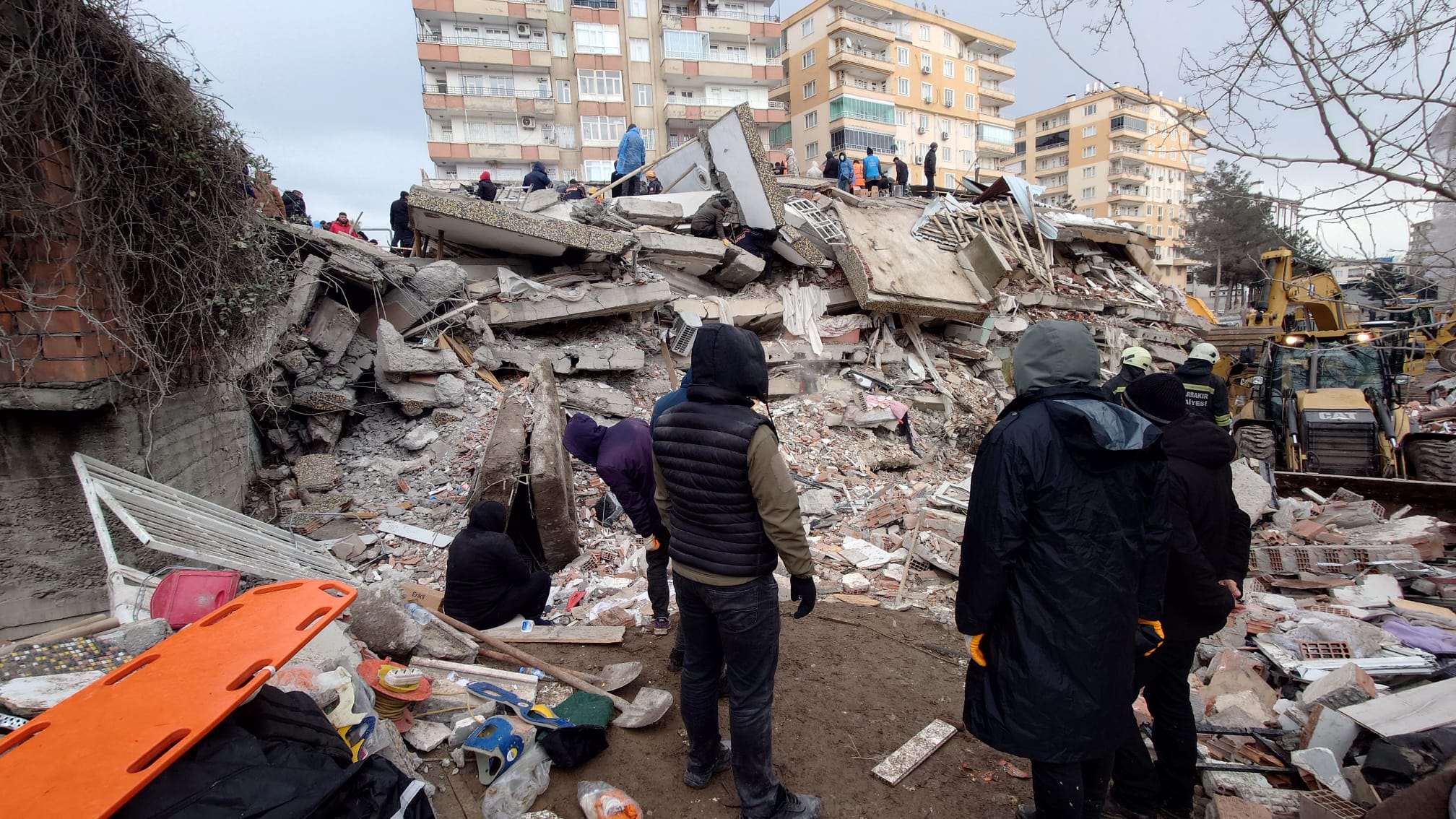The use of tobacco has been highly discouraged, with the manufacturing companies facing high taxation amongst other legalization. In Kenya, “More than 6,000 Kenyans die of tobacco-related diseases every year (79 men and 37 women die per week). An estimated 220,000 children and 2,737,000 adults use tobacco each day in the country. Tobacco kills more than 8 million people around the world every year. Over one million of those deaths are attributed to exposure to second-hand smoke,” according to WHO.
Tobacco farmers are also exposed to serious health risks through their interaction with nicotine. Which can be absorbed through the skin when handling wet tobacco leaves or through the tobacco dust; not to mention the inhalation of the heavy usage of the pesticides.
Through a joint initiative between World Health Organization (WHO), the World Food Programme, and the Food and Agriculture Organization of the United Nations (FAO), in collaboration with the Government of Kenya, the Tobacco-Free Farms project was birthed. The introduction of this initiative has seen over 1000 tobacco farmers in Migori County transition to bean farming.
“Tobacco growing farmers must be given the necessary support to switch to alternative crops that have the potential to improve their health and livelihoods as well as reduce the supply of tobacco. It’s projects like this that move the needle in the fight against the global tobacco epidemic,” said Dr. Juliet Nabyonga, Acting WHO Representative to Kenya.
Migori’s Governor Zachariah Obado appreciated the partners of the great initiative for choosing Migori County to pilot the global initiative. He further promised, “In support of the same, my government will continue to accord you all the necessary support within our reach to ensure that this noble project succeeds.”







